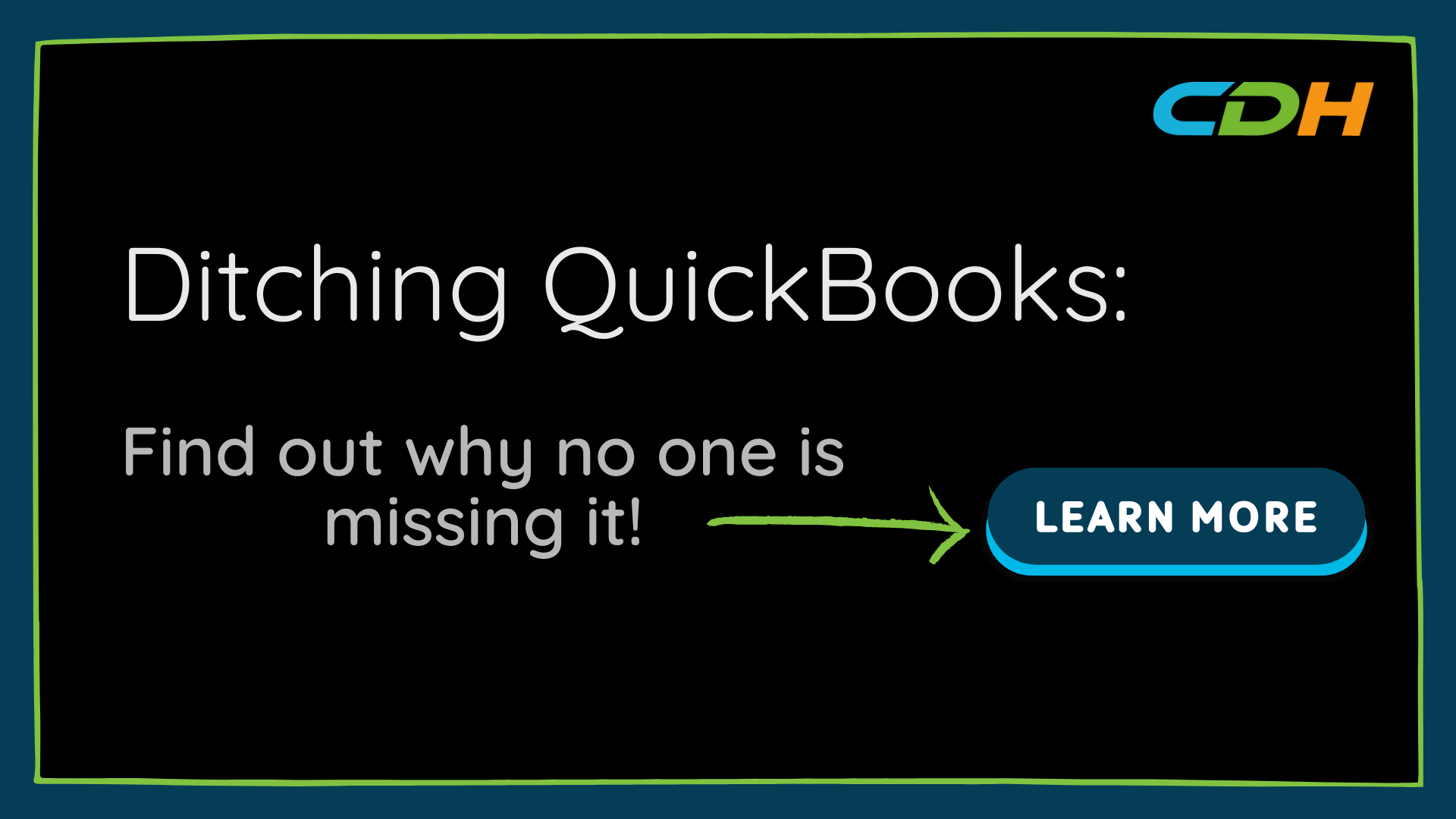When companies decide to finally ditch QuickBooks, it’s cause for celebration. This accounting software may be ubiquitous, but it has few evangelists, particularly among companies past the early stages of growth. Replacing QuickBooks with something more advanced, intuitive, and appropriate for growing and mid-sized businesses doesn’t just upgrade the company’s accounting capabilities; it also liberates them from an accounting software that seemed fine initially but stopped being an asset to accounting many quarters ago. Are you ready to ditch QuickBooks? Is it holding you back in ways you do and don’t realize? Those are important questions for any user to ask, especially during uncertain times when nothing less than exceptional accounting will do. When users finally leave QuickBooks behind for good, these are some of the reasons they commonly cite:
Excessive Spreadsheets Requirements For a solution that claims to handle all of accounting, users have to spend extensive time outside the software building spreadsheets to do what QuickBooks cannot: revenue recognition, multi-entity consolidation, and other workloads common among sophisticated organizations. Ditching QuickBooks also means ditching the hours that accountants spend maintaining spreadsheets and other workarounds that only get less sustainable the longer they’re in use.
Endless Data Management QuickBooks requires an endless stream of manual inputs – to bring data from other systems into QuickBooks and to manage data within the software. Accountants waste countless hours on data management they could apply to something else if they had stronger software to automatically organize, integrate, and analyze data.
Shallow Reporting Capabilities Technically, QuickBooks can produce reports. But considering that they’re not based on up-to- date data and they’re forced into one of just a few templates, those reports offer little in terms of insight or visibility. Replacing QuickBooks with something that excels at reporting is like taking off a pair of blinders.
Lagging System Performance Legacy QuickBooks systems suffer from unresponsive interfaces, slow information retrieval, and delayed report creation because they’ve grown too big and complex. The software can scale to a point, but past that point it begins to affect performance in ways that go from annoying to unacceptable. Upgrading means working with a system that can keep up with the company.
Weak Financial Controls The accessibility of QuickBooks starts out as a strength and becomes a weakness. Companies on an upward trajectory need the kind of flexible yet enforceable financial control that introductory accounting software can’t offer. Lacking that control, it’s difficult or often impossible to ensure that accounting operates as needed: efficiently, consistently, transparently, compliantly, etc.
For all these reasons (and plenty more that are unique to each user) no one misses QuickBooks once it’s gone. Are you also ready to ditch a piece of software that stopped meeting your needs a long time ago? Explore an upgrade with the CDH Technology Solutions Team.

